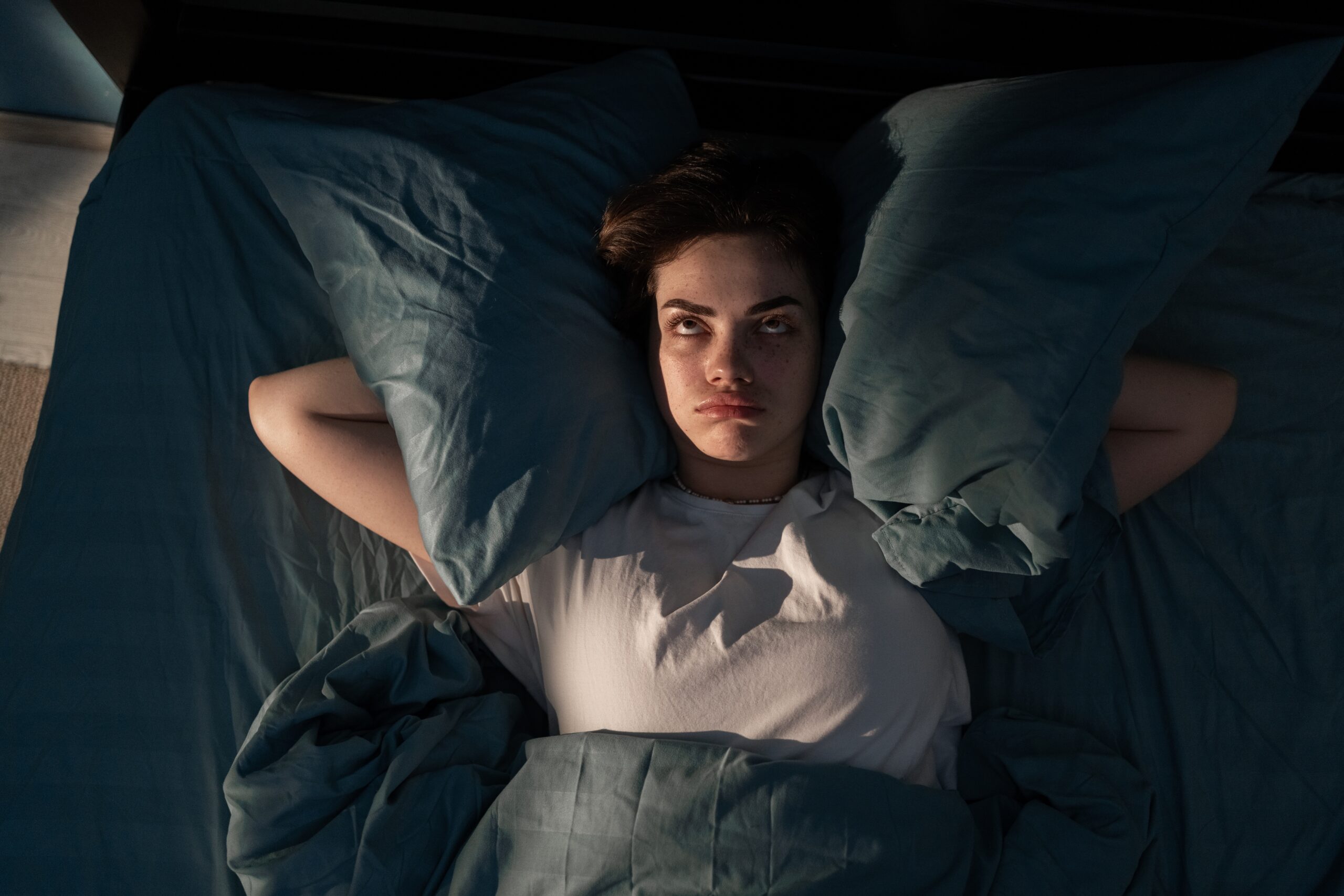Table of Contents

New research reveals that 61.7% of insomnia sufferers share a specific personality trait, potentially transforming how this widespread sleep disorder is treated and understood.
At a Glance
- Approximately 12% of Americans suffer from chronic insomnia, which significantly impacts mental health and daily functioning
- People with high levels of neuroticism are more likely to develop insomnia, while those with high openness tend to experience fewer insomnia symptoms
- Anxiety acts as a mediating factor between neuroticism and insomnia, suggesting treatments should address both sleep and emotional regulation
- Understanding personality traits can lead to more personalized and effective insomnia treatment strategies
The Personality-Insomnia Connection
Chronic insomnia affects roughly 12% of Americans, characterized by difficulty falling asleep, staying asleep, or experiencing non-restorative sleep. This common sleep disorder doesn't just leave you tired—it can significantly impact your mental health, cognitive function, and overall quality of life. Recent research has revealed that your personality traits might play a crucial role in determining your vulnerability to insomnia, offering new pathways for prevention and treatment of this challenging condition. Scientists are now finding that certain personality profiles may predispose individuals to sleep disturbances.
A groundbreaking study from the University of São Paulo examined the relationship between personality traits and insomnia using the Big Five personality model: extroversion, neuroticism, agreeableness, openness, and conscientiousness. The results were striking—61.7% of insomnia sufferers exhibited high levels of neuroticism, a trait characterized by emotional instability and tendency toward negative emotions like anxiety, fear, and worry. Conversely, people with high openness (characterized by curiosity and willingness to try new experiences) showed lower insomnia rates.
The Anxiety Bridge
Why would personality traits affect your ability to sleep? Researchers found that anxiety serves as a crucial mediating factor between neuroticism and insomnia. People with high neuroticism tend to experience more anxiety, which in turn disrupts sleep patterns and makes it difficult to fall or stay asleep. This creates a challenging cycle where anxiety triggers insomnia, and the resulting sleep deprivation further exacerbates anxiety and emotional reactivity. Understanding this relationship provides valuable insights for developing more effective treatment approaches.
The study also found that insomniacs typically show lower levels of agreeableness, openness, and conscientiousness compared to those without sleep problems. These findings suggest that personality assessment could become an important tool in evaluating insomnia risk and developing personalized treatment strategies. By understanding a patient's personality profile, healthcare providers might better predict treatment responsiveness and tailor approaches accordingly.
Beyond Personality: The Complex Web of Insomnia
Insomnia rarely exists in isolation. It frequently co-occurs with psychiatric conditions including depression, anxiety disorders, PTSD, bipolar disorder, and ADHD. The relationship between insomnia and these conditions is often bidirectional—each can trigger or worsen the other. For instance, insomnia can precede depression and increase the risk of developing it over time, while depression often manifests as sleep disturbances that further compound emotional difficulties. This complex interplay creates a challenging treatment puzzle for healthcare providers.
Insomnia can also intersect with specific personality disorders, creating unique challenges. For example, individuals with Borderline Personality Disorder (BPD) often struggle with emotional regulation, leading to anxiety and hyperarousal that disrupt sleep. The resulting sleep deprivation can then worsen BPD symptoms like emotional instability and impulsivity, creating a harmful cycle that requires comprehensive intervention addressing both conditions simultaneously.
Personalized Treatment Approaches
The discovery of personality's influence on insomnia is reshaping treatment approaches. Traditional insomnia treatments include cognitive behavioral therapy for insomnia (CBT-I), sleep medications, and lifestyle modifications. However, understanding personality factors allows for more targeted interventions. For individuals with high neuroticism, treatments might focus on anxiety management alongside sleep hygiene, potentially incorporating mindfulness techniques, stress reduction strategies, and appropriate medication when necessary.
Experts now recommend developing personalized treatment protocols that integrate behavioral techniques for both insomnia and related emotional difficulties. This holistic approach acknowledges that treating the sleep disorder alone may not be sufficient if underlying personality traits and emotional patterns remain unaddressed. For optimal outcomes, treatment plans should consider the "3 Ps" of insomnia: predisposing factors (including personality traits), precipitating factors (such as stressful life events), and perpetuating factors (behaviors that maintain insomnia).
For those struggling with chronic insomnia, these findings offer hope that more personalized and effective treatments may be on the horizon. By addressing both sleep habits and the underlying personality traits that contribute to sleep difficulties, healthcare providers can help break the cycle of sleeplessness and improve overall quality of life for the millions affected by this challenging condition.
AD
Most Recent
AD
